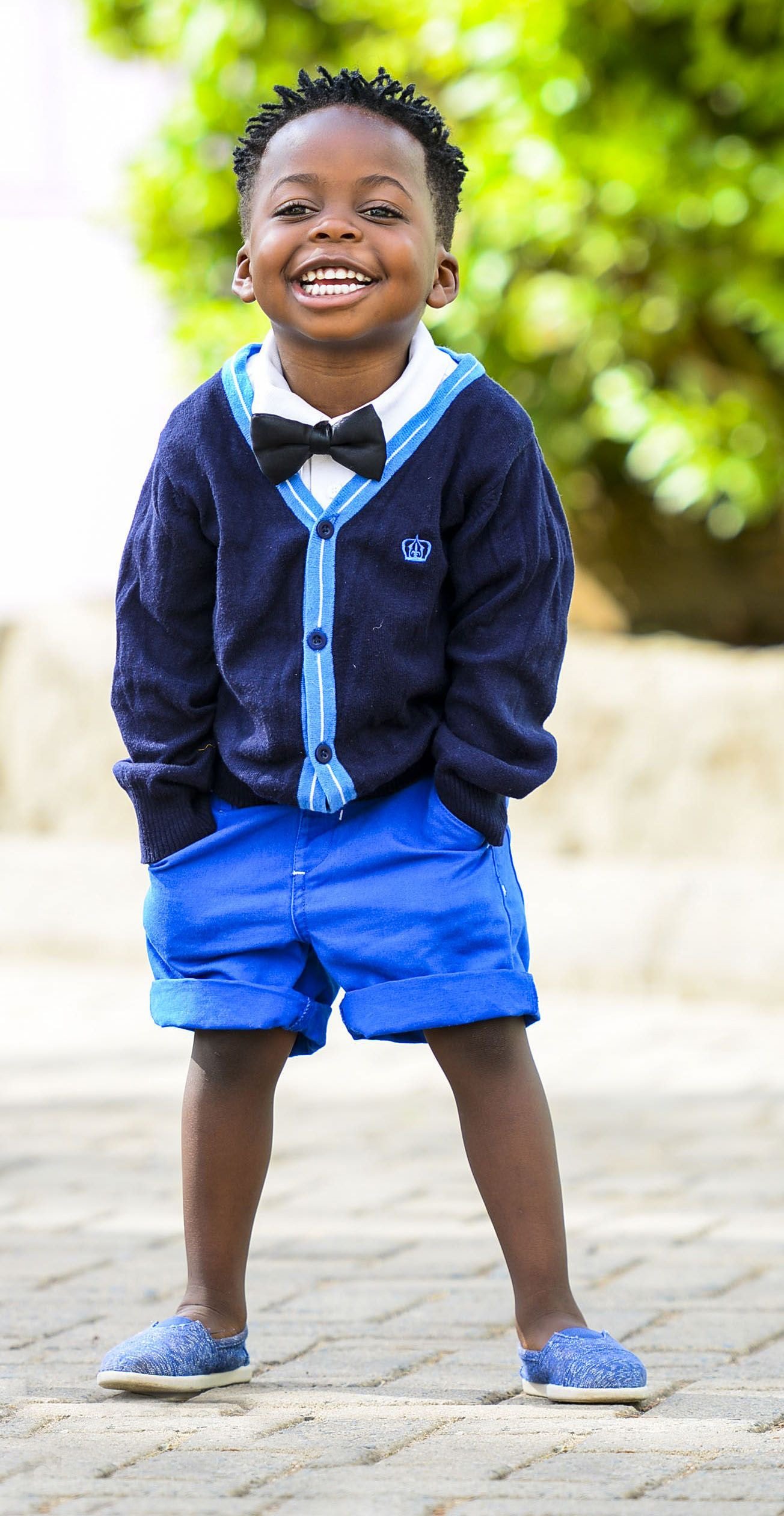Family Relationships
There are many different configurations of “family,” and blended families are more common than ever. Family dynamics are notorious for triggering emotional chaos and distress if they are not managed properly. Although relationship conflict and differences of opinion are normal within families, they can sometimes become overwhelming and affect individual or family well-being, especially when the family “team” has not learned to manage conflict well or tends to avoid it.
If there are difficulties in your family relationships, you may notice the following cautionary symptoms:
Frequent arguments
Avoiding difficult subjects
Physical conflict
Communication failures
Differences of opinion about how to raise children
Effective psychotherapy can help nurture positive change within families. Family members can learn to communicate effectively leading to successful conflict resolution and greater family harmony.
Parent-Child Relationships
Like other types of relationships, the parent-child relationship is bidirectional and requires a foundation of cooperation and respect in order to thrive. The emotional climate in parent-child relationships can considerably influence the physical and mental health of everyone involved. Parent-child relationships are based on a unique and deeply emotional bond which lays the foundation for the child’s later behavior, choices, and personality traits. By attentively monitoring the physical, emotional, and social development of their children, parents have the power to create healthy attachment relationships that help their children feel secure and develop resilience. Conversely, unstable, unsupportive, or neglectful parent-child relationships can negatively influence children over time and cause children to develop social and emotional problems that are difficult to reverse.
How were you celebrated? How do you celebrate yourself? How do you celebrate your children or your spouse?
We tend to imitate the caregiving qualities of our parents in the way we treat ourselves and others. This frequently happens unconsciously, so we are not aware we are treating ourselves, or our children or partners, similarly to how we were treated by our parents or early caregivers (relatives, teachers, coaches, etc.). Once we become aware of our behavior, its consequences, and the patterns we are repeating on autopilot, we are one step closer to making constructive changes to improve our own lives and the lives of those nearest and dearest to our hearts.
Children Push Our Buttons...
Life seems to be going along just fine. Then you have children, and eventually your symptoms begin: a short fuse, irritability, excessive worry, low energy, overeating, binge drinking, a depressed mood….the list goes on. Of course, there are practical pressures we all face when we begin raising children, and throughout their childhoods. However, children also have the potential to trigger in us the unresolved emotions and painful memories from our own childhoods. And if we don’t have the knowledge or resources to process those rising emotions and memories, we can develop psychological symptoms. The good news is that with effective help from an experienced psychologist, you can quickly get to the bottom of the problems that are causing your symptoms and get your life and your moods back on track. In other words, you can, with the help of an expert, put an end to your symptoms, your suffering and the suffering you may be causing others (your children, your spouse, your parents, etc.).
Only after successfully remodeling your relationship habits will you be able to change your way of treating yourself and the important people in your life. After resolving your own psychological difficulties, you will be able to maximize the likelihood that you will not traumatize your children. By dealing with your past and present emotions properly, you can avoid traumatizing your children with the fallout from your unresolved childhood trauma.





